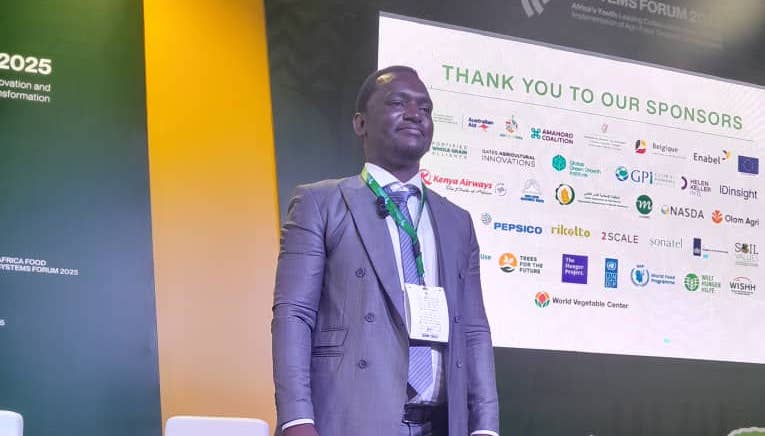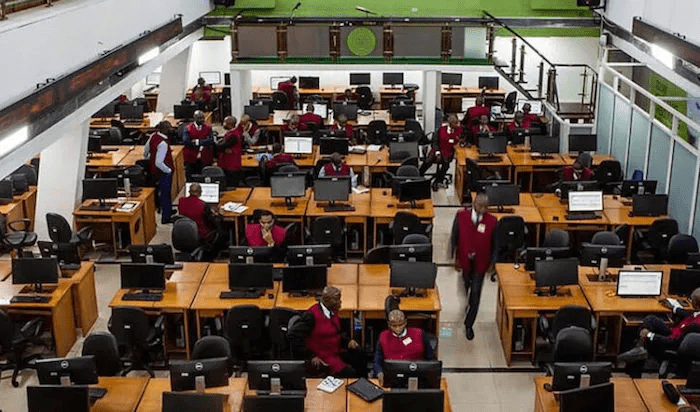Dike Onwuamaeze
Nationwide satellite data has showed that farmland has been declining over the years as a result of conversion of lands for residential and commercial development and infrastructural developments.
This is contained in the Northcourt’s “Nigeria Real Estate Market Review H1 2025,” which highlighted that structural deficiency in property distribution and zoning within the Federal Capital Territory (FCT), Abuja, has remained impediments to land price growth.
According to the report, roughly 22 per cent of agricultural land disappeared between 2013 and 2024 in Lagos State as most of that land was developed into buildings and roads.
The report said: “From 2013 to 2024, the annual rate of farmland loss increased to -2.42 per cent, with more pronounced decreases in light forest (-6.78 per cent) open space (-3.45 per cent), shrub (-6.36 per cent), and water bodies (-1.56 per cent).
“Accelerated loss of agriculture and natural landscapes are exerting upward pressure on land prices. The decrease in farmland and open spaces since 2013 is largely attributed to urban expansion. Urban farming in Lagos is seeing a consistent decline due to escalating conversion of land for residential and infrastructural development.”
The report said that in 2005, open vegetation formed the predominant land use in Kaduna State, encompassing 61.65 per cent of the region adding that, “rapid urban growth drove a rise in developed land, rising from 18.57 per cent in 2005 to 50.88 per cent by 2025. Vegetation diminished consistently to 38.14 per cent (12.78km2).”
In addition, studies by Federal University Ekiti, Federal University of Technology Akure and Obafemi Awolowo University, according to the report, concluded that farmland in Lagos decreased from 1984 to 2024 whereas developed regions increased by 22,538.34ha.
The Chief Executive Officer of Northcourt, Mr. Ayo Ibaru, said that there is a drive towards energy security by communities in rural and urban areas as they adopt Solar Home Systems (SHS) as a source of energy, which is supported by a $2 billion potential annual market opportunity, fuelled by international private investment.
He said: “According to the African Clean Energy Technical Assistance Facility, the market for solar systems attracted $237 million in the past five years. Development partners lead the charge with commercial banks, private investors and the quite engine of debt following close behind. The sun, it seems, has become Nigeria’s most faithful ally.”
The post Report: Residential, Commercial, Infrastructure Projects Diminishing Agricultural Land appeared first on THISDAYLIVE.


